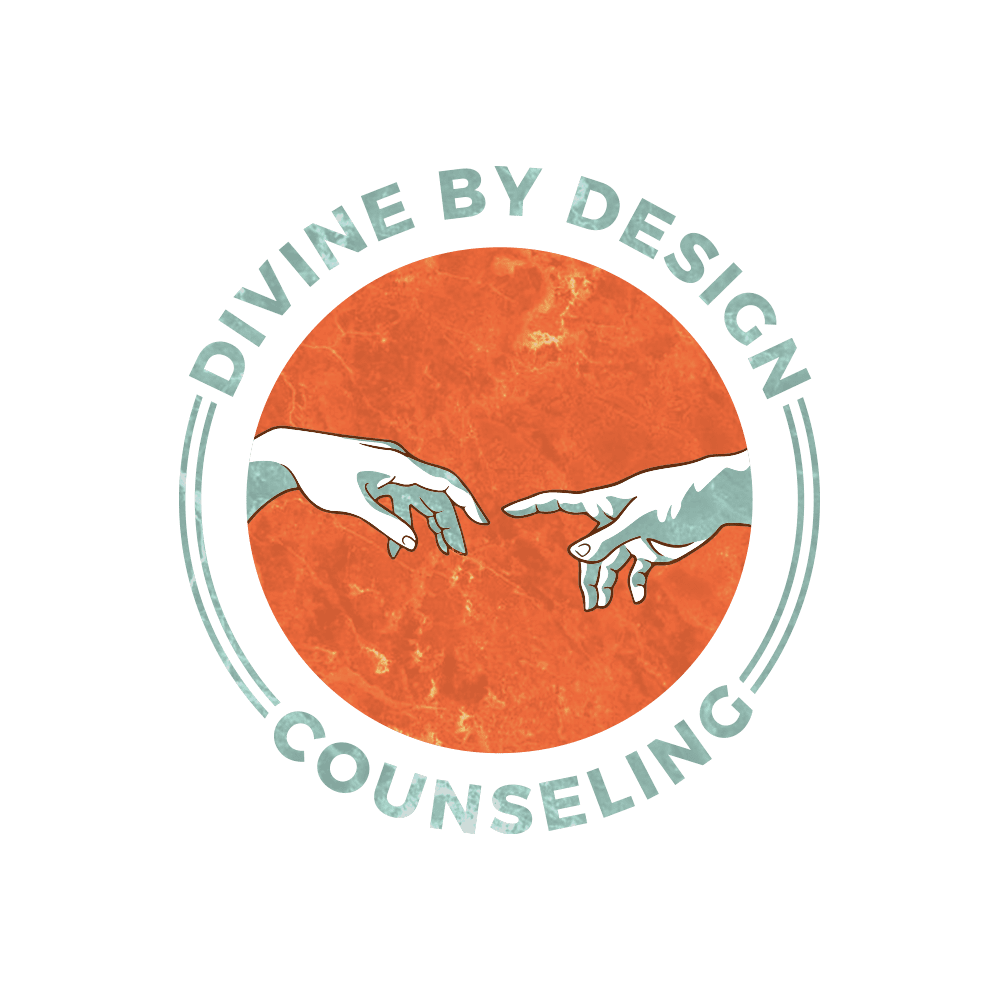“It is not good for man to be alone.” Our desire for connection with others reaches back to the beginning of time. When God created Adam, He saw that it was good but God also knew that Adam needed connection in order to do life successfully. When He created Eve, He said it was very good. As we continue in our series on the 8 Dimensions of Wellness, we will take a closer look at the importance of our social wellness. Our personal relationships have an incredible impact on our mental health and wellness. We either bond to love or fear, our relationships are either helping us to discover who we are or how to hide.
Something to Ponder
Look at your life. What kind of people are around you? Do they believe in you and make you feel good about yourself? If you can answer yes to this question then you have built for yourself a good support system that holds space for you to grow and flourish. In this atmosphere, you are able to explore and discover more and more of yourself, who you were created to be.
Achieving social wellness happens when you experience a sense of belonging and connection in your relationships. You are able to create and uphold a healthy support system, make genuine connections with others through good communication, healthy boundaries, authenticity and genuineness with others, assertiveness, treating others respectfully, and in intentionality with the interaction that you have with others. This can include romantic relationships as well.
The Importance of Relationships
Our relationships are important and vital contributors to the wellness we create for ourselves. Who we spend time with matters. Building healthy relationships helps us develop confidence and become comfortable with ourselves in social situations. It is in the context of relationships where we grow, heal, learn to trust, resolve conflict, and build our self-esteem in safety. Connection with others builds strength and resilience that carries us through the difficulties in life.
The Destructive Nature of Isolation
One of the destructive elements of the COVID-19 quarantine is forced “shelter at home” which for some, meant for them isolation. In extreme cases, isolation can cause catastrophic effects on mental health causing poor self-esteem, anxiety, depression, and suicidal thoughts and actions with increased risk of substance abuse. Isolation begets isolation. The longer one spends in isolation without engaging with others, the harder it is to come out from under the illusion of “safety” that isolation seemingly creates and re-enter the world of relationships. While isolation may become your good company, it is not healthy for you, specifically with the continued ongoing uncertainty of what’s going on in the world right now. Your ability to respond to it in positive ways in large part may be dependent on whether or not you feel like you have others in your life that you can rely on. It’s important that you know that someone has your back and you can count on them so you can get through this together. When you spend too much time in isolation, this option seems nebulous.
How Healthy are Your Connections?
If you are spending time with people who are constantly putting you down or denigrating your hopes, ideas, and dreams then you are forfeiting the luxury of a good support system. It cannot be overemphasized how contagious the attitudes of others are and how much hidden influence they can exert. Deciding that you don’t want to spend time with people who are going to have an adverse effect on you doesn’t mean you have to blame them for the way they are. It simply means that you have the right to choose a better life for yourself. It is your health and wellness that is being affected.
“When we honestly ask ourselves which person in our lives means the most to us, we often find that it is those who, instead of giving advice, solutions, or cures, have chosen rather to share our pain and touch our wounds with a warm and tender hand. The friend who can be silent with us in a moment of despair or confusion, who can stay with us in an hour of grief and bereavement, who can tolerate not knowing, not curing, not healing and face with us the reality of our powerlessness, that is a friend who cares.”
― Henri Nouwen
Building Connections
Connection doesn’t happen in a vacuum, it is chosen and poured into. We will either connect to love or to fear. When we make choices of social wellness, we are making a choice of love. Love builds up and we feel seen, heard, and celebrated. When we connect to fear we feel shut down and want to hide who we are; afraid that we will be rejected or abandoned. The very state of our well-being requires that we make good and healthy social relationship choices. Who we spend time with matters. Listed are three practical steps to begin implementing in your life to ensure that you are moving toward social well-being in your journey of practicing good mental health and wellness.
Three Steps to Building Healthy Connections:
- Practice the art of self-acceptance. To thine own self be true.
- Know the company you keep. Take inventory of who you spend time with.
- Build the community you want. Connecting with others creates growth, accountability, and authenticity. Spend time in community with others that exist and practice give-and-take.
I hope you, too, will be inspired to pause and inventory your social well-being and ask yourself some hard questions. Am I building healthy connections? Do I have a healthy support system? Are there relationship changes that I need to make? Venture out and take the risk to build supportive relationships that foster an environment where your hopes and dreams manifest in beautiful ways that allow you to grow and to be shaped and create shared experiences with others. God wired us for connection, we are not meant to walk this journey alone.






0 Comments